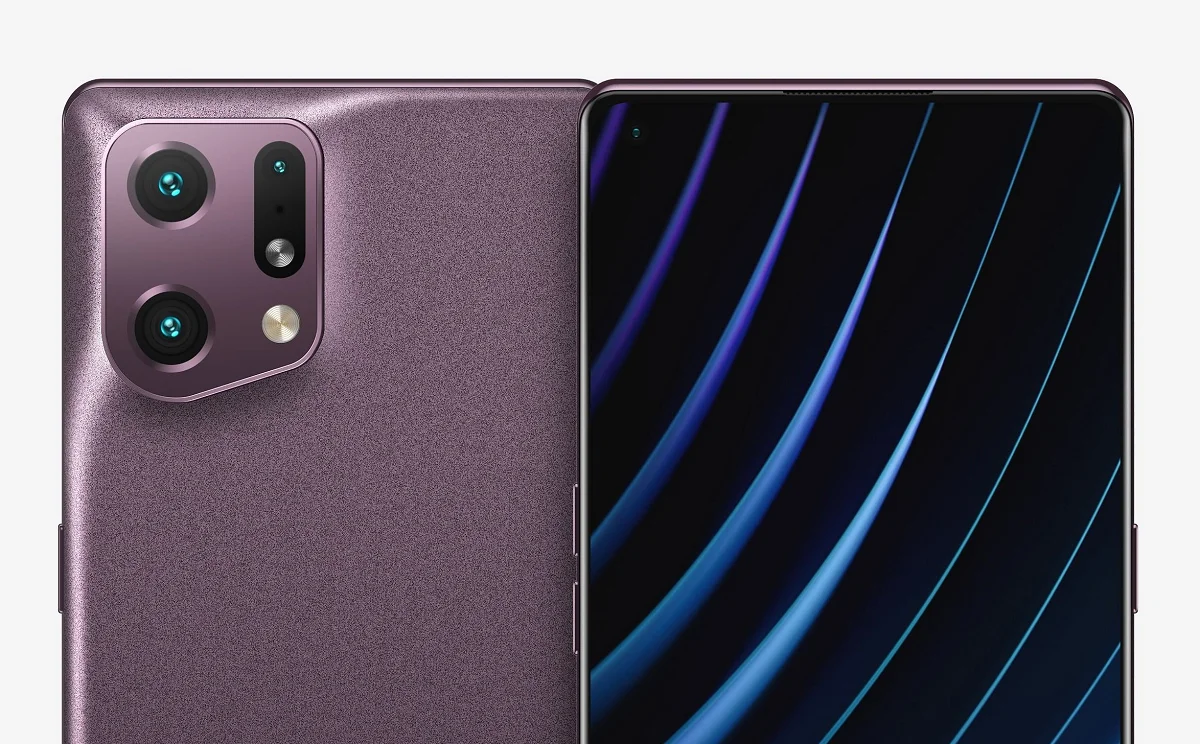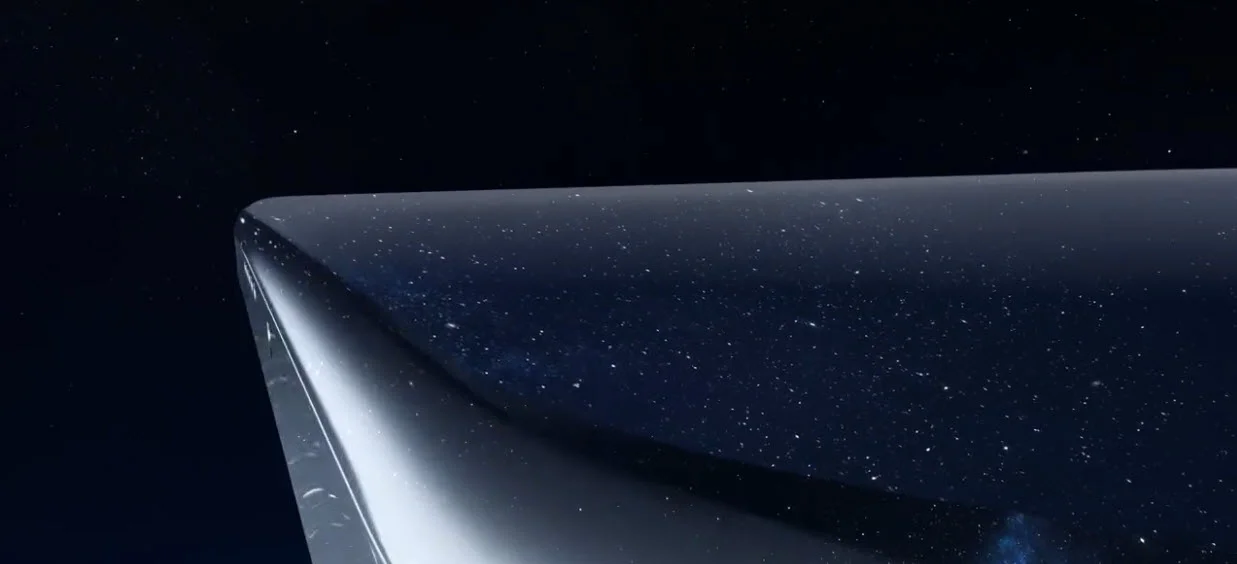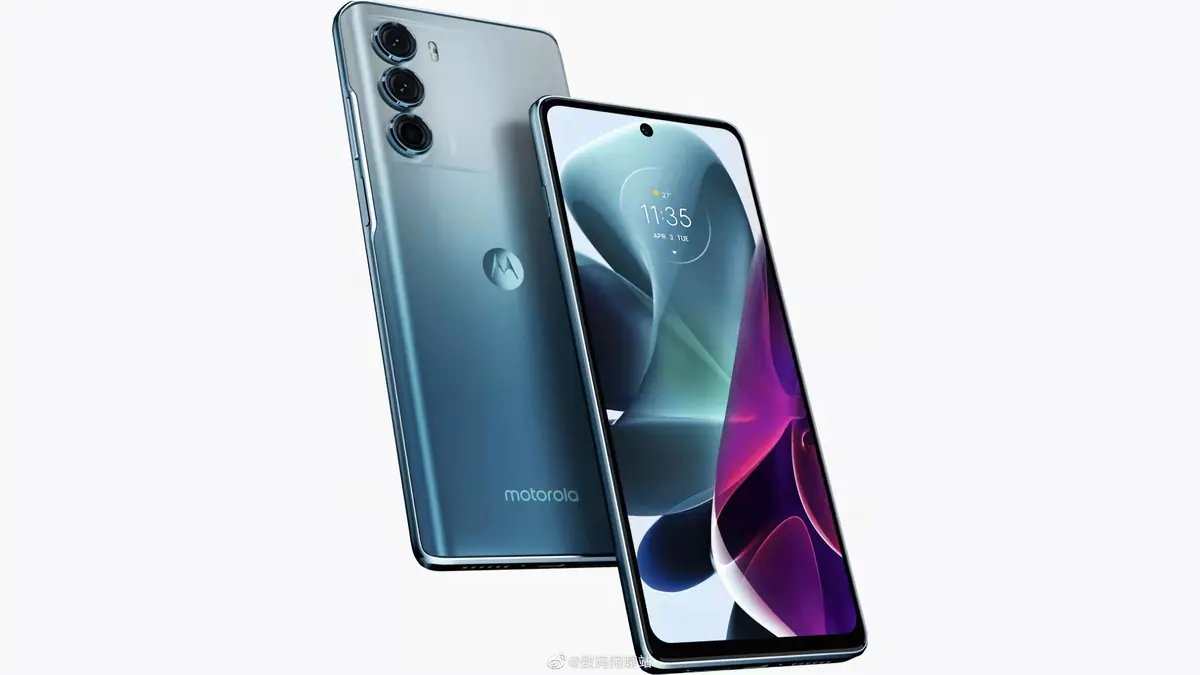Why is this necessary?
The problem of charging capacity batteries for electric cars is quite acute. Currently, this process takes several hours, which significantly affects the duration of a long-distance trip. Attempts have been made to solve this problem in several ways: increasing battery capacity to record levels, replacing batteries in stations with rechargeable batteries, optimizing batteries, and new charging technologies.
As practice shows, the biggest expectation lies in fundamentally new technologies and optimization, and it’s not the first time that the University of Pennsylvania team has achieved significant success in battery optimization.
- In 2016, a team of engineers and scientists improved the performance of lithium batteries in cold conditions.
- In 2019, the same approach was used to charge the battery in the heat. Then they managed to achieve the ability to charge the battery about 320-480 kilometers in 10 minutes.
The new research builds on previous successes and combines fast charging times with high energy density.
How does new technology work?
The prototype is based on the same heating element made of nickel foil, which facilitates accelerated charging. The capacity of the new battery has increased compared to the previous version and reached 265 Wh/kg. According to the developers, the combination of short charging time and high density makes the invention the first of its kind and opens up interesting perspectives in the field of electric transportation.
The need for small, fast-charging batteries is greater than ever. There are not enough batteries and necessary raw materials to meet all demand,
– said Wang Chaoyang, the head of the group.
During tests, the battery was charged up to 70% in 11 minutes for 2000 cycles. This equates to 804,672 kilometers of electric vehicle mileage, due to accelerated charging alone, according to Wang’s calculations. Additionally, the high energy density allowed the researchers to reduce the size of the battery from 150 kWh to 50 kWh without reducing the range.
The spread of this technology will certainly increase the popularity of electric cars in cities if it turns out to be truly reliable and effective in practice.
Source: 24 Tv
Alice Smith is a seasoned journalist and writer for Div Bracket. She has a keen sense of what’s important and is always on top of the latest trends. Alice provides in-depth coverage of the most talked-about news stories, delivering insightful and thought-provoking articles that keep her readers informed and engaged.













